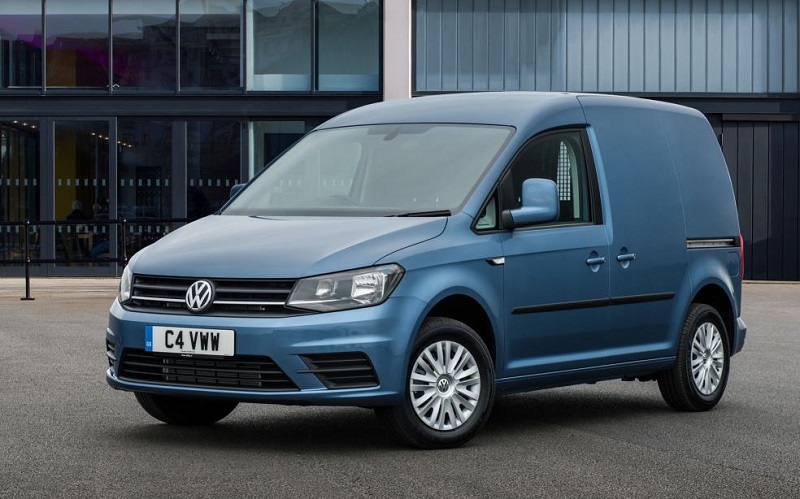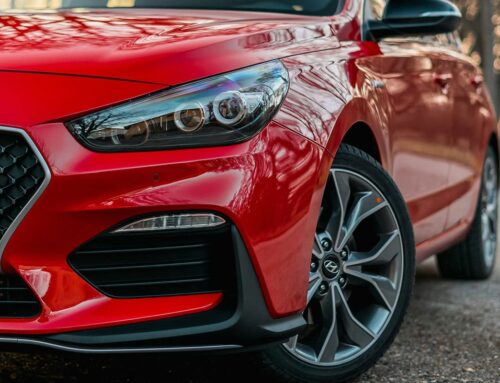Vans have bigger engines, which also hold more useful tools like cargo. Yet that does not mean you should pay for a van insurance policy through the nose.
It has never been easier to insure your van, with hundreds of businesses competing for your precious company. Nonetheless, data reveals that van drivers are now spending twice as much for insurance as car owners, with the price hike being blamed on the government’s increase in premium insurance tax.
However, you can dodge the increases with a little help and planning, and lower your van insurance cover even more. Well, here’s how.
1 Do the shopping yourself
Looking for insurance has never been simpler; prices differ from company to company, and looking around pays off. Use at least three quotations for the rates. You can call directly to businesses or access details on the Internet.
The department of State insurance can also include estimates with prices charged by various insurers. Not only can you compare offers, but you will also decide how much they charge extra, and what interest rates you can receive if you want to pay monthly.
2 Never accept a quote to auto-renew
Generally, auto-renew quotes are much more costly and require a privilege fee. Instead, add your van insurance cover’s renewal date to your diary, and tell your insurer that you will not renew the policy automatically. For the lowest quote you have received, you can always contact the insurer later, and ask them to evaluate it.
3 Remember to always Bargain
It’s all well and good to peruse the internet to search the current internet rates, but if you pick up the phone to send a call to the firms offering the best van insurance deals, you’ll get much further. You might well be able to haggle a deal, get free breakdown protection, or get a whole better policy.
4 Please check that the tools are covered
Sit down to figure out how much the tools are worth, and make sure they are added to the policy on the van’s contents. It can be very tempting to accept the cheapest quote and forget about covering contents; however, if you lose all of your tools and have nothing to replace them with, the misery and cost will be immense.
5 Be vigilant who you incorporate into the policy
A driver with penalties or a history of reckless driving will increase van insurance rates as well. Find out who wants to run your van and use a specialist insurer (if you have more than one vehicle) to ensure you opt for a robust plan to secure both your employees and your vehicles.
6 Using your car to put your company on advertising
Thieves generally avoid easily identifiable vans. As a result, cars with a company name on the side are less likely to be robbed because it causes more trouble identifying or covering for the perpetrator.
Speak with the insurer, though, before you hire a sign writer because the rates change and often the sign cost outweighs the money you’ll gain on the van insurance cover’s policy.
7 Try to be honest about mileage
While all the above tips will help you save cash on your policies, it is best to continue on a positive basis by being realistic about whether you expect to maintain and use the van. Do not inform the insurer that your van will be parked on the leafy driveway of your home, because it would truly be in the middle of town outside of your house. Please be upfront with the mileage and inform them if any improvements have been made to the car.
8 Sometimes… lesser is better
The smaller the van the less insurance you pay. Certainly, no one would buy a new van simply to save a couple of pounds on their annual insurance, but think of the use of your van: Is it empty most of the time? Was it considerably more powerful than you like it to be?
In the long run, downgrading could give you lower operating costs, but always assess the use of your vehicle to ensure it suits your needs.
9 Keep your credit record strong
Setting up a good financial file will cut insurance rates. In auto insurance plans, most insurers use credit records. Data reveals that there are fewer demands on the individuals who handle their accounts efficiently.
Pay the bills on time to maintain the credit status; don’t get more credit than you deserve to keep your credit balances as low as possible. Check your credit record frequently, and immediately correct any mistakes to keep the record reliable.
The vehicle’s year, make and model will have a significant impact on the van insurance cover. All things being equal, modern, costly, or sporty cars would cost more than newer, inexpensive, and more practical vehicles to insure.
And if you’ve got a couple of models on the shortlist, call the carrier to see what cost each vehicle commands. In the end, doing so would give you a windfall of savings when it comes time to pay your fee.
So these tips could help simplify the cycle – and save you a few pounds extra. Yet note it’s more critical to have the right amount of cover than price.







Leave A Comment